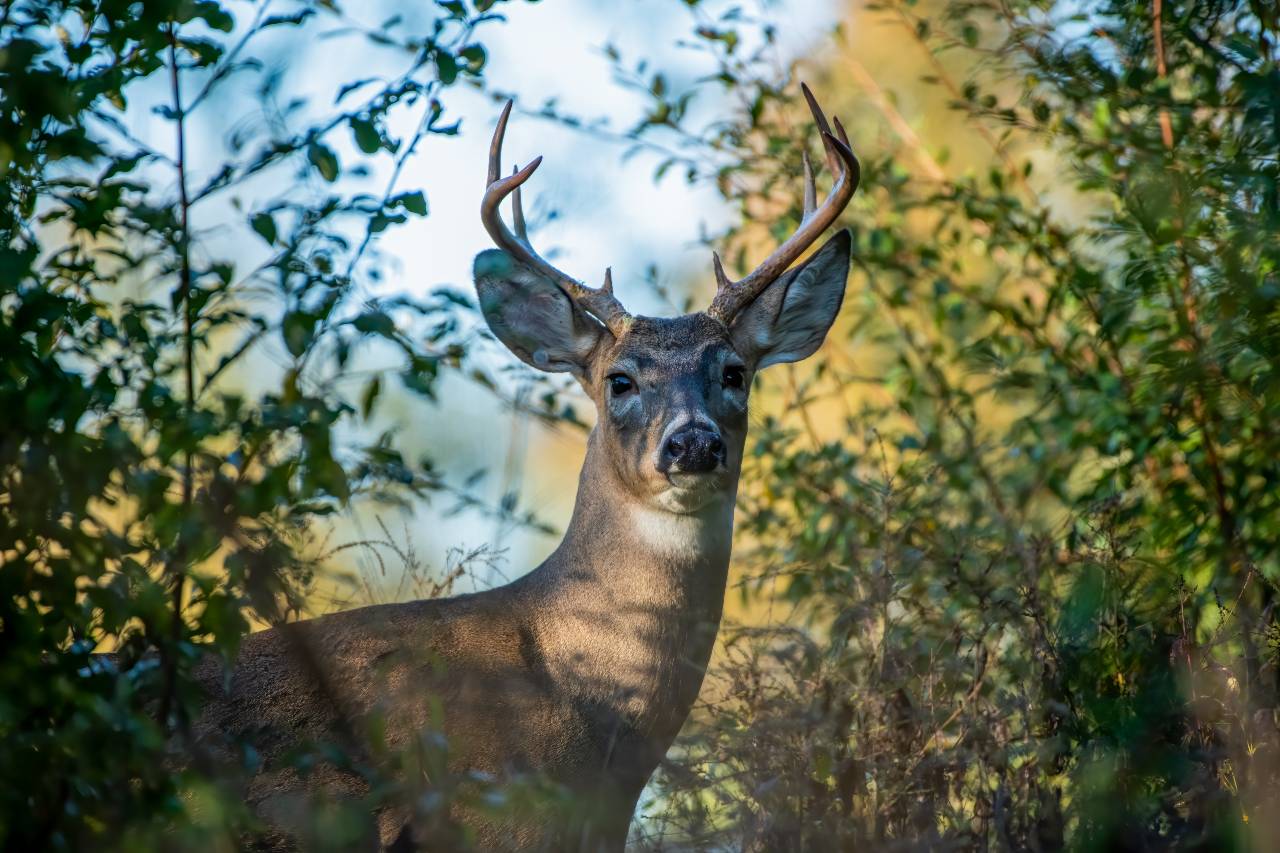How long do whitetail deer live



Whitetail deer, those majestic creatures of the North American wilderness, have long captured the fascination of wildlife enthusiasts and hunters alike. But how long do these creatures truly live, and what factors contribute to their lifespan? It is a question that has perplexed many a curious mind, and one that demands a deeper exploration.
To begin with, it is worth noting that the lifespan of a whitetail deer can vary greatly depending on a variety of factors. These factors can include environmental conditions, genetics, and predation, among others. Burstiness is a key feature of the whitetail deer’s lifespan, with some individuals living to ripe old ages while others succumb to the dangers of the wilderness much earlier in life.
In general, a whitetail deer can live up to 6 to 14 years in the wild, though some individuals have been known to live as long as 20 years. This range of lifespan is due to the interplay between various factors, including food availability, disease, and predation. In areas where food is abundant and predation is low, deer tend to live longer, while those living in harsher environments may have shorter lifespans.
Genetics also play a role in the longevity of whitetail deer. Some individuals may be born with genetic traits that make them more resilient to disease and other environmental stressors, allowing them to live longer lives. Conversely, those born with genetic disadvantages may have shorter lifespans.
It is worth noting that the lifespan of captive whitetail deer can be significantly longer than those in the wild. In captivity, deer have access to a consistent food supply and are protected from predators, allowing them to live up to 25 years or more.
The lifespan of a whitetail deer is a complex and multifaceted subject, with a range of factors contributing to their longevity. Burstiness and perplexity are key features of their lifespan, with some individuals living much longer than others due to a variety of environmental and genetic factors. Understanding these factors can help us better appreciate these magnificent creatures and the intricacies of their lives.




